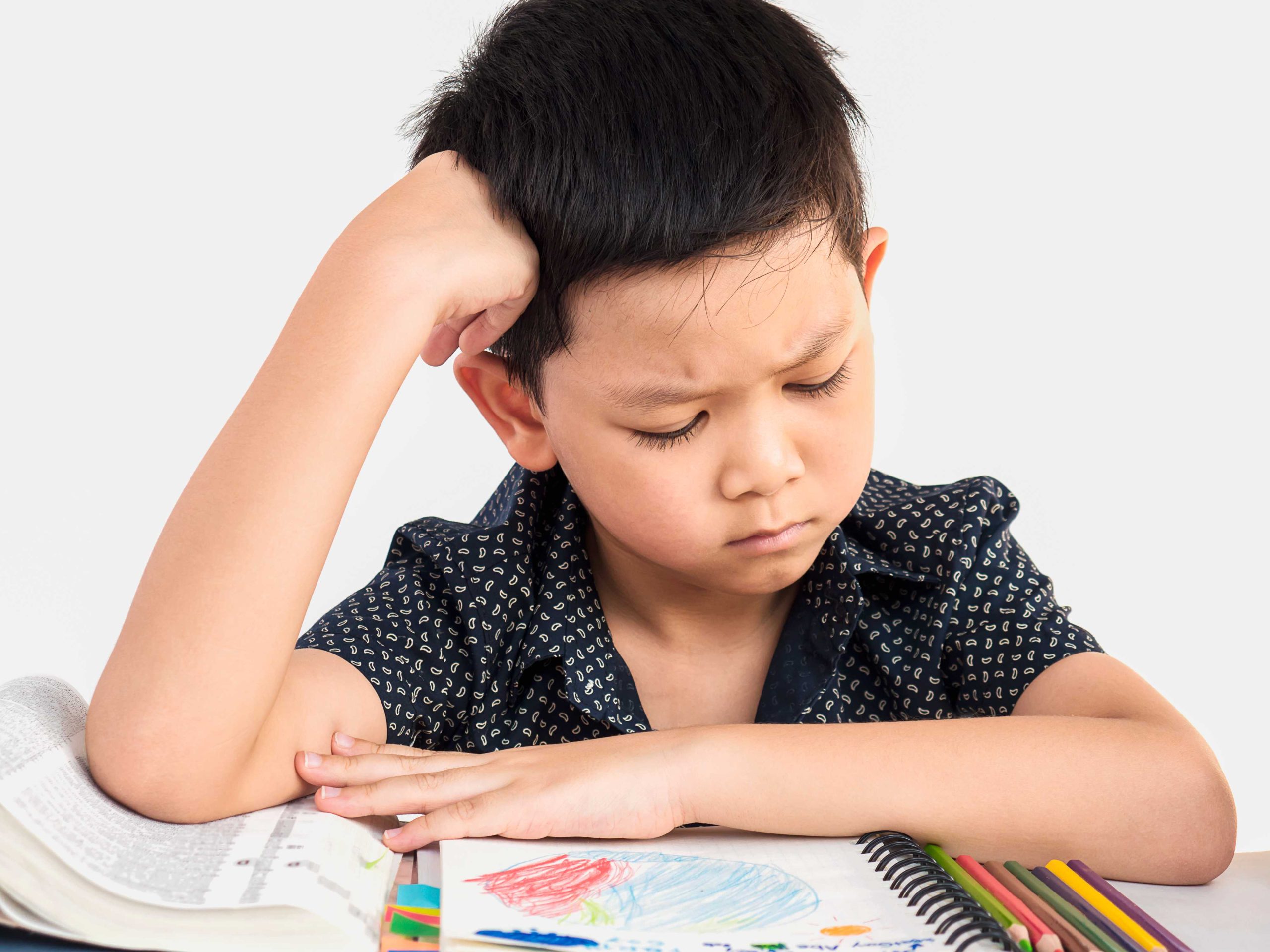
Examining the Impact of Homework on Preschoolers’ Free Time and Stress Levels
The ongoing debate surrounding homework has sparked discussions among teachers, parents, and researchers. While some argue for its role in reinforcing learning, concerns have emerged about its potential harm to preschoolers’ well-being. This article focuses on the stress and anxiety preschoolers may experience due to homework, shedding light on the need for a balanced approach.
Preschoolers, in their formative years, undergo rapid brain development and require sufficient time for rest, play, and exploration. Homework, however, often occupies a significant portion of this time, limiting opportunities for free play and pursuing personal interests.
Studies highlight the adverse effects of excessive homework on preschoolers, manifesting in sleep difficulties, increased irritability, and a waning interest in learning. Severe cases may even contribute to mental health issues such as depression and anxiety disorders.
Parents and teachers must carefully consider the type and amount of homework assigned to preschoolers, striking a balance that fosters free play, interest exploration, and social-emotional development. This article delves into the nuanced relationship between homework, free time, and stress levels, offering practical tips for parents and educators.
1. The Crucial Role of Free Time
Preschoolers’ physical, emotional, and cognitive development hinges on the availability of free time. It serves as a platform for exploration, creative play, and social interaction, fostering self-regulation skills as they manage their time and make decisions.
2. Navigating the Homework Debate
Homework’s contentious nature sees proponents highlighting its role in reinforcing learning, while opponents argue its potential counterproductivity, leading to stress and anxiety among preschoolers.
3. Homework’s Impact on Free Time
Research indicates that homework can encroach on preschoolers’ free time, limiting leisure activities like play and sports, thereby contributing to stress and anxiety.
4. Unveiling the Link between Homework and Stress
Homework-related stress presents itself through physical symptoms and emotional manifestations, with higher levels of stress and anxiety observed in preschoolers with increased homework burdens.
5. The Role of Parental Support
Parents play a pivotal role in mitigating homework’s negative impacts by offering support and guidance. However, they must also advocate for their preschoolers’ well-being, acknowledging the potential harms of excessive homework.
6. Striving for a Balanced Approach
Striking a balance between academic and non-academic pursuits is essential. Limits on homework or creative assignments promoting free exploration and play can contribute to a healthier balance.
In conclusion, the debate on homework’s impact on preschoolers’ well-being requires nuanced consideration. By valuing free time, fostering self-regulation skills, and advocating for policies prioritizing preschoolers’ well-being, we can contribute to a holistic approach that nurtures their academic and personal growth.


